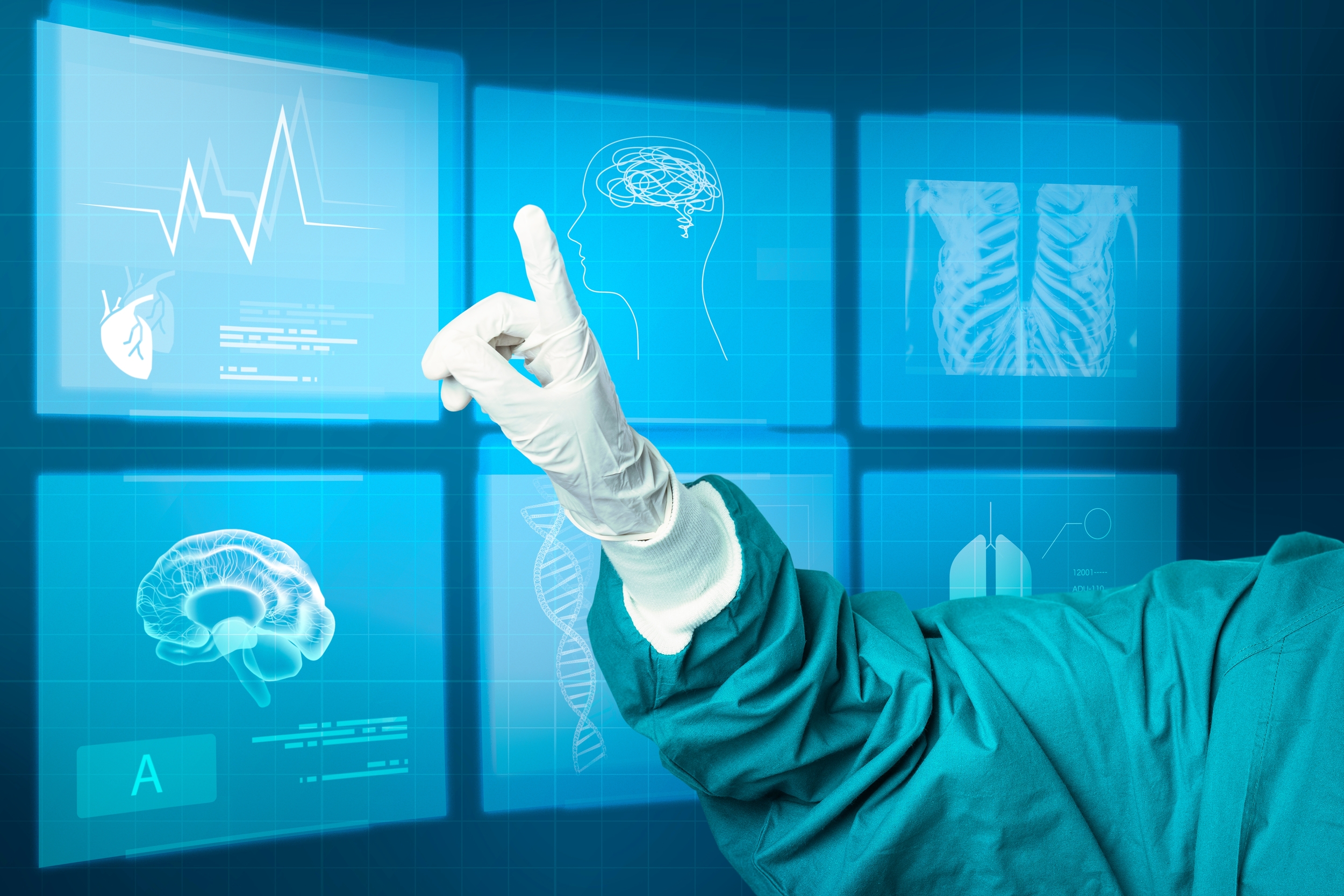

Medical imaging is critical in the diagnosis and treatment of a wide range of illnesses. From X-rays to determine if a bone is broken or a cavity in a tooth to SPECT scans to detect heart problems, clinicians utilize medical imaging to look inside the body, discover disease, and treat it. But what happens when the pictures are hazy?
Recent breakthroughs in artificial intelligence have paved the way for the use of AI-based approaches for denoising, or image cleaning. However, before these tools can be used in clinical settings to provide real-world patient care, they must be rigorously evaluated, according to Abhinav Jha, assistant professor of biomedical engineering in the McKelvey School of Engineering and radiology at the Mallinckrodt Institute of Radiology (MIR) in the School of Medicine at Washington University in St. Louis.
Jha and colleagues at MIR examined a commonly used AI-based solution to denoise cardiac SPECT pictures in a research published in Medical Physics. The approach’s performance was evaluated in two ways: how aesthetically comparable denoised images were to normal images, and how well the denoised image performed in the clinically relevant task of detecting heart abnormalities.
“Rather alarmingly, while the visual-similarity-based metrics suggested that the AI-based denoising technique improved performance, it was actually having no significant impact, and in some cases, it was even degrading performance on clinical tasks,” Jha said. “This emphasizes the important need for performing evaluation of AI algorithms on clinical tasks and not just relying on visual similarity as a measure of performance.”
First author Zitong Yu, a PhD student in Jha’s group, discovered that the AI denoising technique tended to smooth down cardiac SPECT pictures, which reduced noise as planned but also diminished the contrast of the heart defect needed by doctors to make correct diagnosis. “This is precisely what we want to prevent from happening in actual medical practice,” Yu said.
The study advocates for task-based evaluation of AI-based denoising methods to assess the usefulness of AI-processed images. “Ensuring AI-based denoising works well for real clinical tasks—not just aesthetically—would mean big benefits for patients by producing high-quality images in less time or with reduced radiation doses,” said collaborator Robert J. Gropler, professor of radiology and senior vice chair and division director of radiological sciences at MIR.
more recommended stories
 Phage Therapy Study Reveals RNA-Based Infection Control
Phage Therapy Study Reveals RNA-Based Infection ControlKey Takeaways (Quick Summary) Researchers uncovered.
 Safer Allogeneic Stem Cell Transplants with Treg Therapy
Safer Allogeneic Stem Cell Transplants with Treg TherapyA new preclinical study from the.
 AI in Emergency Medicine and Clinician Decision Accuracy
AI in Emergency Medicine and Clinician Decision AccuracyEmergency teams rely on rapid, accurate.
 Innovative AI Boosts Epilepsy Seizure Prediction by 44%
Innovative AI Boosts Epilepsy Seizure Prediction by 44%Transforming Seizure Prediction in Epilepsy Seizure.
 Hypnosis Boosts NIV Tolerance in Respiratory Failure
Hypnosis Boosts NIV Tolerance in Respiratory FailureA New Approach: Hypnosis Improves NIV.
 Bee-Sting Microneedle Patch for Painless Drug Delivery
Bee-Sting Microneedle Patch for Painless Drug DeliveryMicroneedle Patch: A Pain-Free Alternative for.
 AI Reshapes Anticoagulation in Atrial Fibrillation Care
AI Reshapes Anticoagulation in Atrial Fibrillation CareUnderstanding the Challenge of Atrial Fibrillation.
 Hemoglobin as Brain Antioxidant in Neurodegenerative Disease
Hemoglobin as Brain Antioxidant in Neurodegenerative DiseaseUncovering the Brain’s Own Defense Against.
 Global Data Resource for Progressive MS Research (Multiple Sclerosis)
Global Data Resource for Progressive MS Research (Multiple Sclerosis)The International Progressive MS Alliance has.
 AI Diabetes Risk Detection: Early T2D Prediction
AI Diabetes Risk Detection: Early T2D PredictionA new frontier in early diabetes.

Leave a Comment